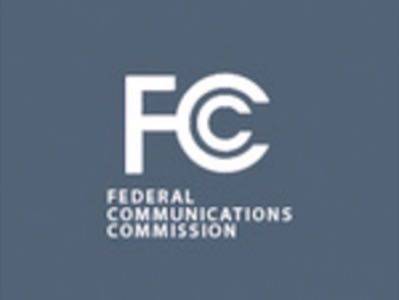Following last week’s U.S. midterm elections, many are wondering if the Republican Party’s victories and impending control of Congress will be the nail in the coffin for net neutrality legislation. As Republicans are known for an anti-regulatory stance, it seems unlikely that under their leadership that Congress will move forward with any plans to prevent Internet providers from blocking or slowing certain Web traffic.

Of course, statements about net neutrality’s death hardly seem new. Its demise has been predicted for months, particularly after a Federal Appeals Court’s decision this spring challenged the FCC’s authority to stop Comcast from throttling P2P traffic.
Was Net Neutrality an Issue in the Elections?
Some analysis following last week’s election has tried frame the Democrats’ loss, in part, as a referendum on net neutrality, with Verizon going so far as tweeting that every Democratic candidate that supported the PCCC’s net neutrality pledge lost their election.
But as Techdirt’s Mike Masnick counters, these particular candidates were not incumbents and were largely running in Republican strongholds. Furthermore, some Democrats who signed anti-net neutrality pledges also lost their election bids. “Sorry,” says Masnick, “net neutrality simply was not an important issue in this year’s election.” Rather, there were plenty of other reasons why Democratic candidates lost seats. (“It’s the economy, stupid.”)
If Congress Won’t Do Anything about Net Neutrality, Will the FCC?
Regardless, net neutrality does remain an important issue. And while the Republicans will control Congress, Democrats do still hold a majority of FCC seats. “The ball is clearly in the FCC’s court now,” said Art Brodsky, communications director for Public Knowledge, a digital rights group supporting new net neutrality rules, in an interview with Computerworld. However, when the FCC published the agenda for its November Open Meeting, discussions of net neutrality did not make the docket.
So with or without the support of Congress, it remains to be seen whether the FCC will move forward to address net neutrality, or whether it will simply focus its efforts on its National Broadband Plan, something that seems less contentious and that has more bipartisan support.





















